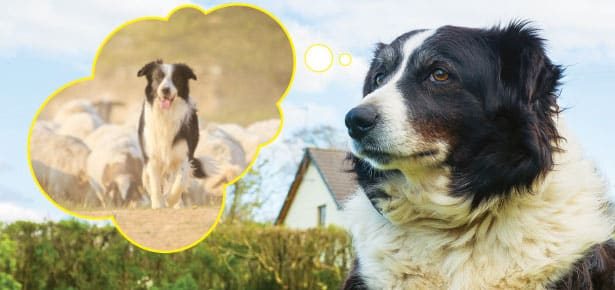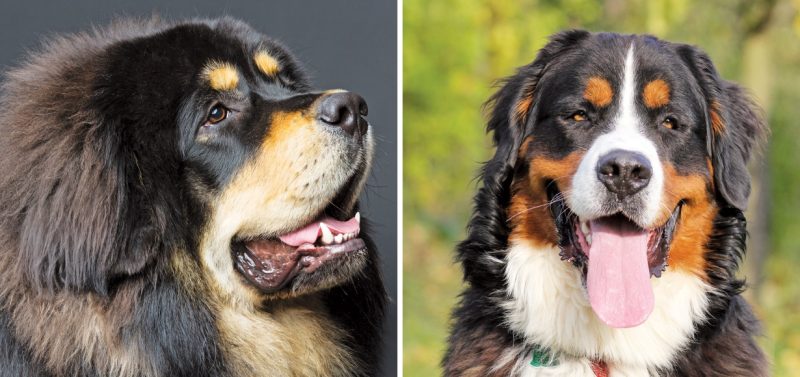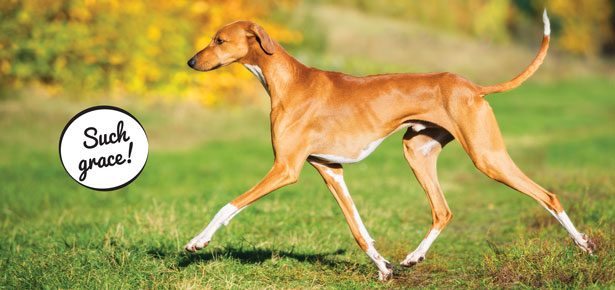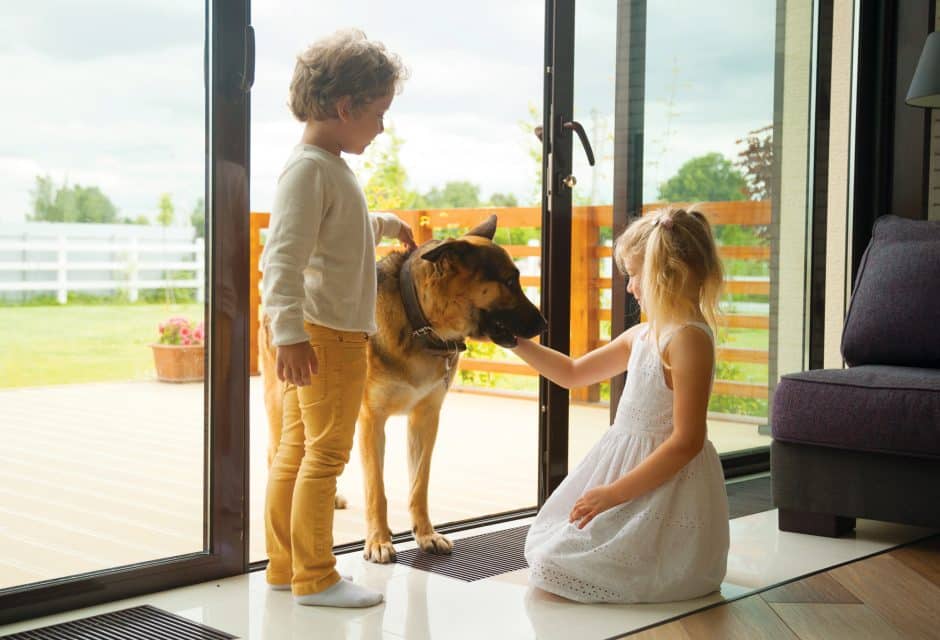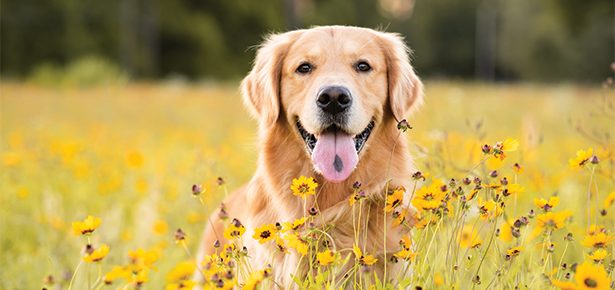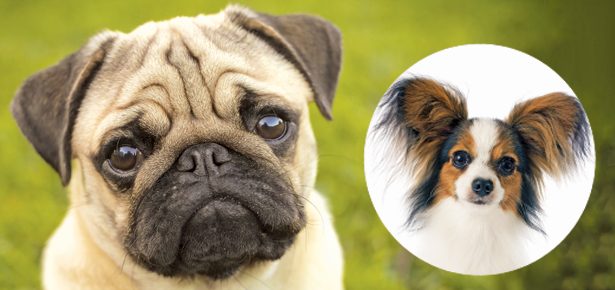
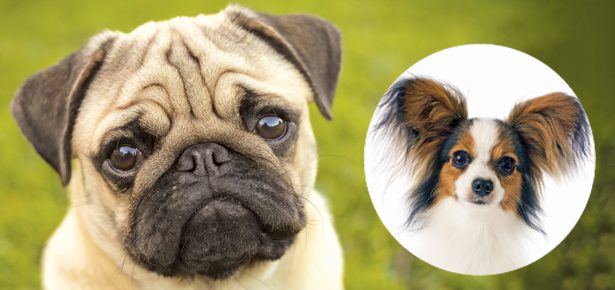
Could the Pug or the Papillon be the Breed for You?
Find out what all the fuss is about
 The Papillon Social Butterfly
The Papillon Social Butterfly
The elegant and extroverted Papillon could not have a more fitting name. The name “Papillon,” French for butterfly, is actually a reference to the breed’s distinctive widespread, wing-like ears, but it could equally well refer to the breed’s gregarious personality.
This combination of butterfly-like beauty and breezy sociability has made the Papillon a favourite companion for at least 600 years; the breed is documented in paintings dating back as far as the 14th century by such famous artists as Titian, Rubens, Fragonard, and Goya.
King Henri III of France loved his Paps so much he brought them to council meetings in small baskets carried around his neck. Marie Antoinette also owned the diminutive dogs, and after her death by guillotine, several were cared for in her home in Paris, a house subsequently known as “The House of Papillons.”
Described as “fine-boned” in the breed standard, the Papillon is a dainty dog of eight to 11 inches and from three to six pounds in weight, with a silky, flowing coat of any colour paired with white. Papillons do not have an undercoat, so shedding is minimal.
Despite his petite stature, the Pap is a keen and versatile participant in many activities, being the top-ranked toy breed in several canine sports and standing 8th in intelligence among all breeds, according to Stanley Coren, author of The Intelligence of Dogs.
With so much personality and adaptability wrapped in such a portable package, the Papillon is a go-anywhere, do-anything bon vivant, happy to share his joie de vivre with all.
Could the Papillon be the breed for you? Read more at moderndogmagazine.com/breeds/papillon.
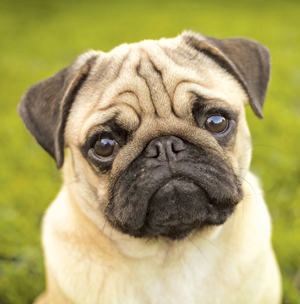
The Pug’s “I’m-the-centre-of-the-universe-and-it’s-a-great-place-to-be” outlook on life is one of the keys to this breed’s enduring popularity. This largest member of the Toy Group is currently ranked 32nd in popularity by the American Kennel Club (AKC).
Though the breed’s forehead wrinkles are meant to resemble the Chinese character for “prince,” its comportment is not always royal—this is a dog that has snored, snuffled, wheezed, and farted his way into the heart of many a modern dog owner.
Despite this, the breed makes for a charming companion. Some Pugs are placid and dignified and others are excitable extroverts, but all are “people” dogs that want to spend as much time with their owners as possible. At 14 to 18 pounds ideal weight (often exceeded by indulged individuals), the Pug is a sturdy but still lap-sized model. The phrase “multum in parvo,” used in the AKC breed standard, means “much in little” and can be interpreted to refer to both the Pug’s compact but solidly muscled physical form and a personality much bigger than its stature would suggest.
The distinguishing physical feature of the breed is its unmistakable face. Large, wide set, round eyes; small ears; a pushed-in nose; and a wide mouth—all set amongst large, deep wrinkles—create the unique and sweet expression beloved by besotted Pug enthusiasts. (Like all short-faced breeds, the Pug can experience health problems related to restricted breathing; their protuberant eyes are susceptible to disease and injury.)
The Pug-immune may wonder what all the fuss is about, but the legion Pug fans know that VIP ought to stand for Virtually Irresistible Pug.
Could the Pug be the breed for you? Read more at moderndogmagazine.com/breeds/pug.
Join the newsletter and never miss out on dog content again!
"*" indicates required fields
By clicking the arrow, you agree to our web Terms of Use and Privacy & Cookie Policy. Easy unsubscribe links are provided in every email.
